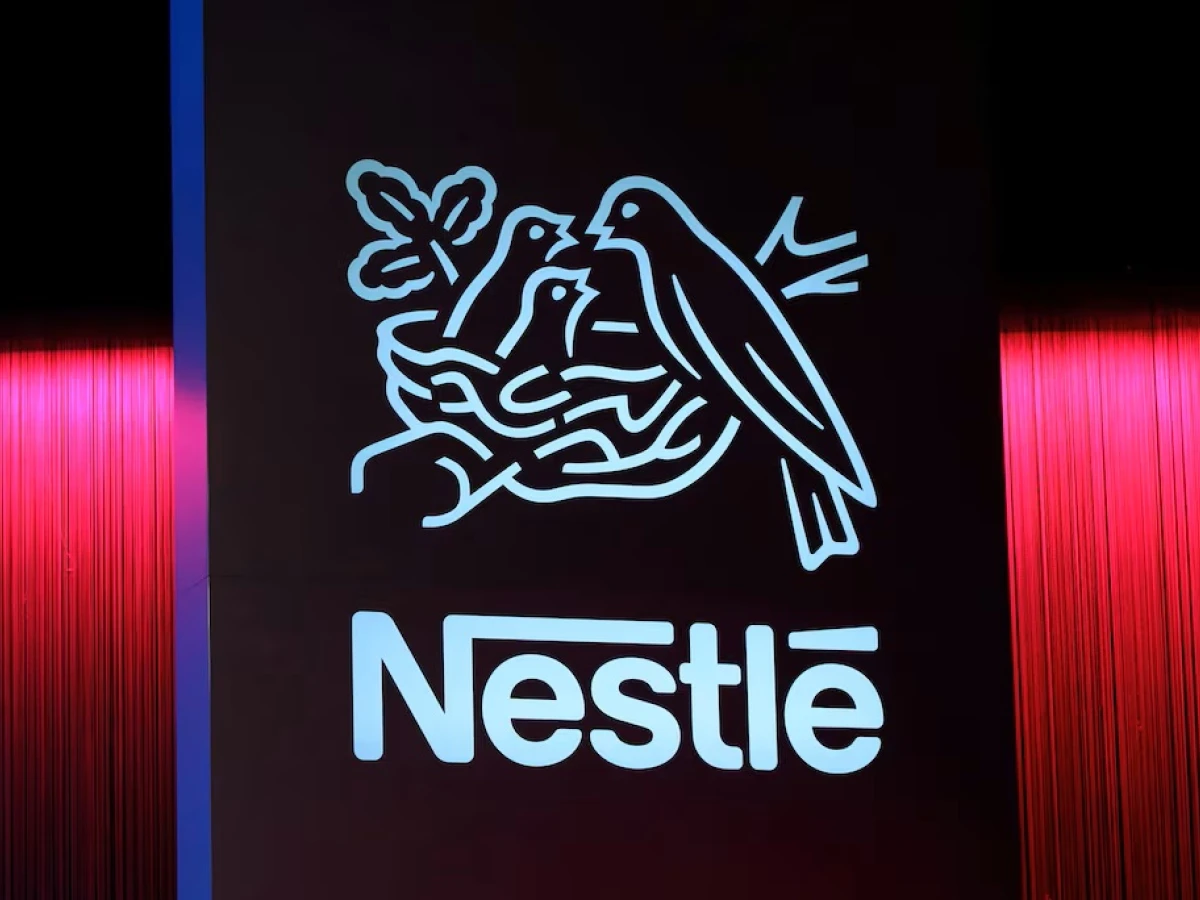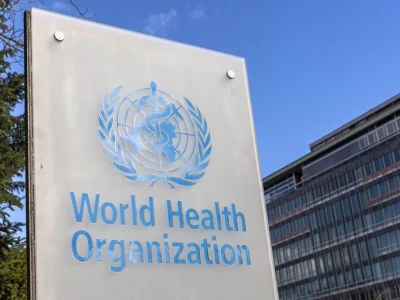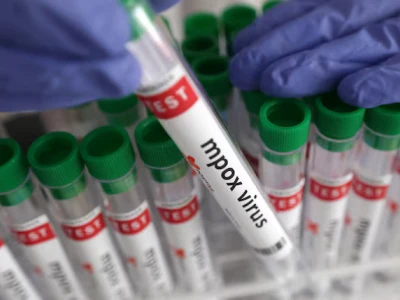
Health Pulses; Interesting Global Developments
Nestle adds sugar to baby food products sold in India and other poor countries, while their counterparts in Europe and the UK are sugar-free.
By
Azhaar Abdul Azeez
Health misinformation, unawareness and disease stereotypes are all caused by our ignorance. With Google at our fingertips and English as our second language, it is gross negligence, not staying abreast of global health developments.
Most people might not remember, but when Covid-19 first struck, how it spread was put up to debate, and was declared it wasnt airborne. By December 2021, the WHO finally acknowledged the role of airborne transmission in the spread of Covid-19 and updated their guidance.
There is a difference between airborne diseases and diseases spread through respiratory droplets. Airborne diseases involve much smaller particles that can linger in the air for longer distances, whereas respiratory droplets fall to the ground more quickly.
On Thursday the WHO appears to have issued a new document for the first time clarifying the distinction between airborne transmission and respiratory droplet transmission.
Here are some other interesting global health developments that have direct effect on our lives:
Pee Power: A new urine test called MyProstateScore 2.0 (MPS2) shows promise in accurately identifying aggressive prostate cancers, potentially reducing unnecessary and invasive biopsies. This is crucial because some prostate cancers are slow-growing and don't require immediate treatment. The study, published in JAMA Oncology, highlights MPS2's ability to pinpoint these high-grade cancers that need early intervention.
Double Duty Drug: A weight-loss drug developed by Eli Lilly has shown promise in improving symptoms of sleep apnea in a recent trial result that was published on Wednesday, April 17. This is a very common sleeping disorder now. This could offer new hope for individuals struggling with this sleep disorder, which is often linked to weight management.
One Shot, Less Pills for Stubborn Blood Pressure: For people struggling with uncontrolled high blood pressure, a single injection of Zilebesiran could be a game-changer. This mid-stage trial drug from Roche and Alnylam Pharmaceuticals showed promising results in lowering blood pressure for up to six months after a single dose. Zilebesiran works by blocking the production of a key protein involved in blood pressure regulation. This could be a welcome alternative to the hassle of daily medications for many patients.
Sweet Controversy: Nestle, the world's largest packaged food company, faces an investigation by India's food regulator over allegations of adding sugar to baby food products sold in India and other developing countries, while their counterparts in Europe and the UK are sugar-free. This news comes on the heels of a report by Public Eye, a Swiss investigative organisation.
Influencer Makes a Difference
Social Media influencers either showcase their daily lives or promote an event or business. However, there is a growing line of social media influencers who are working for the awareness and welfare of the general public. One such personality is Revant Himatsingka, who spearheaded a nutrition movement in India, pushing popular food brands in the region, even in Maldives, to reduce sugar in their products.
His controversy highlights the growing role of social media influencers in advocating for public health. Himatsingka, known as "Foodpharmacist," uses his platform to raise awareness about misleading health claims in popular food products.
Himatsingka's rise to fame began with a viral video critiquing Bournvita, a popular children's drink made by Mondelez. He debunked claims about its health benefits and pointed out its high sugar content. This sparked a conversation about the marketing of sugary products to children, leading to similar critiques of other brands. Himatsingka's influence extends beyond social media. He has faced legal notices from four companies he criticised, but his dedication to consumer health continues to inspire others.
Informed consumers make healthier choices.




